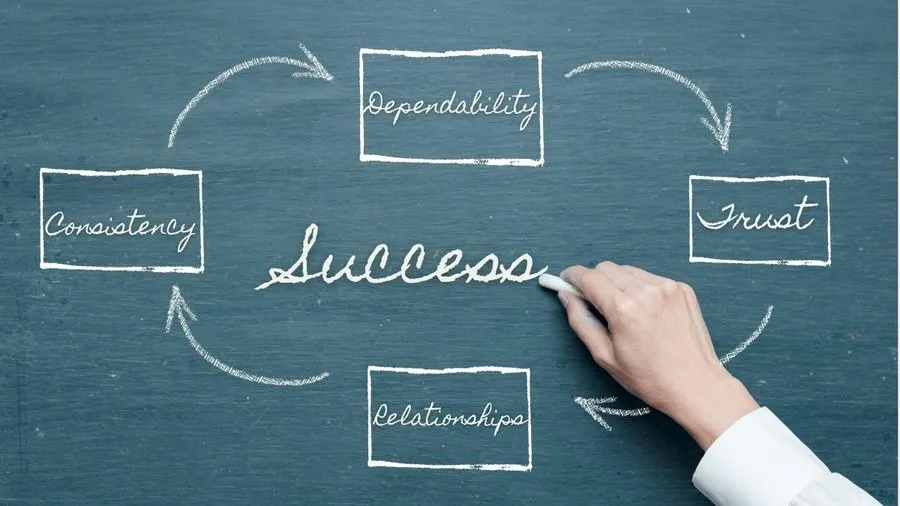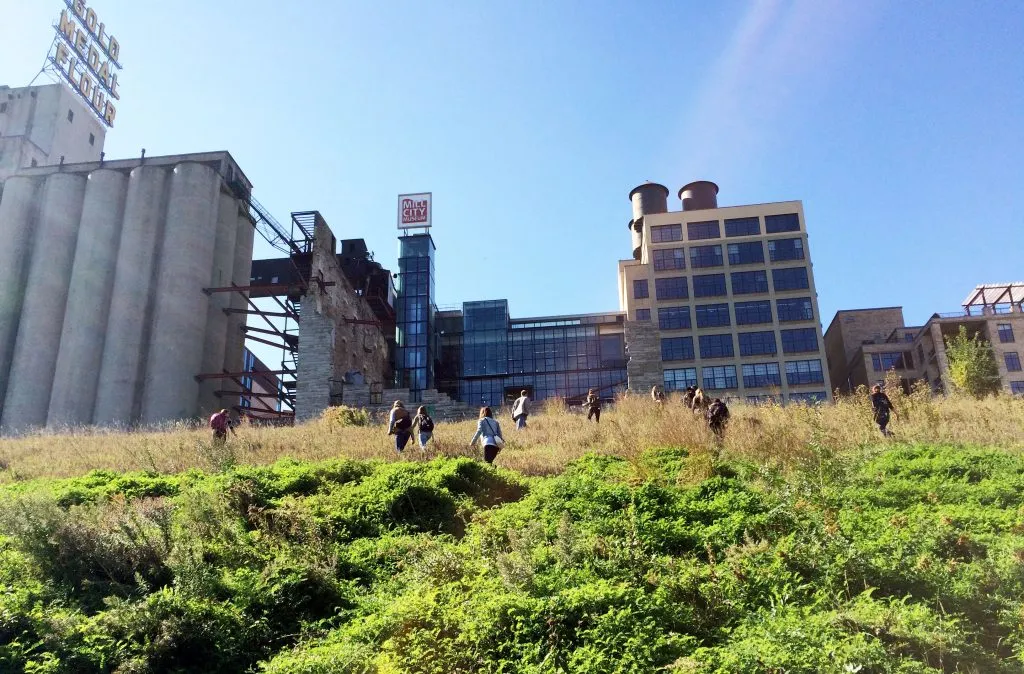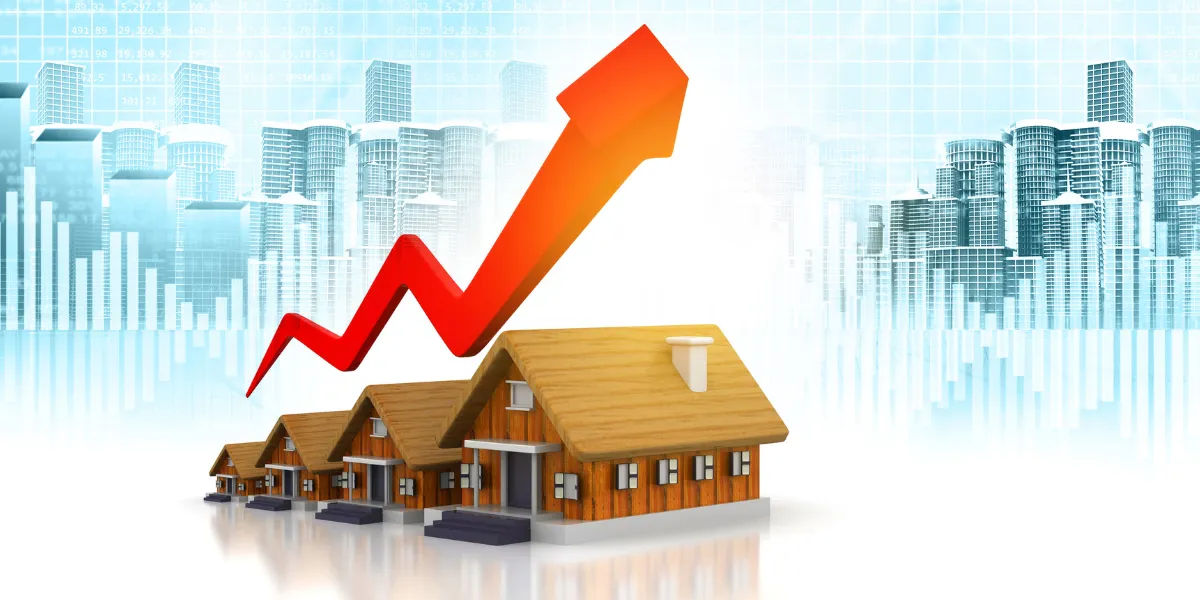Introduction
Cultural developers are shaping real estate by creating communities that honor traditions, celebrate heritage, and highlight local identity. Unlike conventional builders who focus solely on function and profit, cultural developers weave storytelling, history, and artistry into their projects. By designing spaces that preserve and promote culture, they create environments where residents not only live but also connect deeply with their roots and surroundings.
The philosophy of cultural development begins with respect for the past and a vision for the future. These developers often draw inspiration from historical landmarks, local architecture, and indigenous practices, incorporating them into contemporary design. Whether through the preservation of historic sites, the integration of cultural motifs, or the celebration of traditional craftsmanship, cultural developers ensure that communities remain authentic reflections of their heritage.
Residential and commercial spaces in these developments often go beyond architecture to become living expressions of identity. Developers may include cultural centers, art galleries, or performance spaces that highlight music, dance, and visual arts. Such features transform communities into hubs of creativity and heritage, allowing residents and visitors to experience culture in everyday life.
Cultural developers also foster inclusivity by creating environments where people from different backgrounds can celebrate diversity while preserving shared traditions. Communities are designed to encourage social interaction through festivals, workshops, and local events that bring people together and reinforce cultural pride. This sense of belonging strengthens both neighborhood bonds and individual identity.
Sustainability often aligns with the mission of cultural development. Many projects incorporate traditional building methods and locally sourced materials, ensuring eco-friendliness while maintaining authenticity. By merging traditional wisdom with modern technologies, cultural developers create communities that are both responsible and resilient.
From an investment perspective, cultural developments offer unique value in today’s globalized world. Properties that highlight heritage and identity appeal to buyers and investors who seek authenticity rather than uniformity. These developments stand out in competitive markets by offering not just homes, but stories, experiences, and connections to culture.
Conclusion
Cultural developers are more than real estate visionaries—they are guardians of heritage and champions of identity. By embedding culture into design, community life, and sustainability, they build places that honor tradition while embracing modern needs. As demand for meaningful and authentic living environments grows, cultural developers will continue to play a vital role in shaping communities that thrive on pride, creativity, and connection.




